Dr. Barbara Sutton was interviewed by Victor Klimoski, a member of the Benedictine Center Advisory Council a frequent presenter, and a long-time collaborator with Sutton.
A listing of Sutton's 2017-2018 events appears at bottom.
Dr. Barbara Sutton, Director of Ministerial Formation and Field Education and a member of the faculty at Saint John’s School of Theology•Seminary, was recently appointed visiting scholar for 2017-2018. Over the course of the year she will be engaged at the Benedictine Center doing what she does best – helping people sharpen their capacity for integrating faith and life. In a career marked by significant ministerial leadership, Barbara models the power of “paying attention” to one’s experience and interpreting that experience in light of theology and Scripture. This interview explores the rich, multilayered way in which she strives to be a practical theologian.
Victor J. Klimoski: Most people think of a theologian as someone interested in abstract, often obscure, ideas that shape religious belief. While that is admittedly narrow, how do you understand yourself as a “practical theologian.”
Barbara A. Sutton: First off, practical is not the opposite of academic – as though there is a tension between library research, interpreting context, and making applications. My approach to my field has always interwoven immersion in the daily life of the church and grounding that experience in the intellectual traditions of the church. When I think about what to do, I almost immediately return to tradition and scripture. And likewise, when I am reading or in a discussion about a theological idea, my imagination is already translating the insight I am gaining into ways it can enrich the church and people’s lives. It is a discipline that has changed my life as a believer, as a minister, and as a faculty member.
VJK: Given your self-understanding, do you have an overarching sense of what people are seeking when they come to a place like the Center or to their local parish?
BAS: That will vary greatly, of course, but as I listen closely to students and to parish and other groups to whom I often present, I would say that people are looking for a disciplined way of living in the world personally, professionally, or as citizens. People find themselves inundated with many things that prevents hearing the word of God.
For many, coming to the Benedictine Center can be a generative moment as they leave behind the cramped thinking of a culture where scarcity of kindness, compassion and empowerment seems to prevail. People come to be inspired and move beyond mere survival, job function, bureaucratic specialization, or social roles to a greater sense of human concern and responsibility. What often emerges for people is something new, transformed from its source, something that is both free and responsible to make its own ongoing creative contribution.
VJK: But what is that search practically?
BAS: I describe it as a search for soulfulness, and this involves a deep sense of connectedness with and conformity to the will of God. Perhaps put more poetically, it is a search for resonance between the heartbeat of God and one’s own heartbeat. The discipline part of this search is a growing recognition that religious practices help anchor a rule of life for growing in virtue and confronting all that interferes with responding faithfully to the will of God. It is sanctification.
It may mean a pause, to make room for the Word of God to dance in our lives again. And when we see signs of nothing happening and a failure of things to take root, we need to remember that it does not mean that God is doing nothing, and that we are doing nothing. We may simply find ourselves in that deep place where God finds us and we find God. It is not empty space per se; rather it is a space for listening to the Word. We enter into silence and hear God’s conversation and take our proper part in it—lifting our eyes and heart to follow the One who plants the seed and cast words that are blazing with light….illuminating our lives from the center.
VJK: So does this signal a return to traditional religion or yet another phase of spiritual questing?
BAS: I am not a fan of framing that question for an either-or response. What I am learning from the reflection of others is that being spiritual is not emancipation from religion. Authentic spirituality and authentic religion are driven by the same force – conformity to the will of God. That requires discernment which is a spiritual practice and which draws deeply upon the longer tradition of discernment for which formal religion is the custodian.
VJK: So as a practical scholar, what is the source of your evidence for this observation?
BAS: My evidence comes from the wide-ranging conversations in which I participate and which I often facilitate. When I say “conversation,” I am not referring to casual chit-chat as enjoyable as that can be at times. Rather, I am thinking of structured opportunities for people to dwell with their questions and to be active partners with one another in trying to understand where they are being led by the will of God.
I have spent the last ten years facilitating lectio and visio divina for large and small groups. I have seen art and creativity set people on a new path. I have observed people develop a sacred gaze on the illuminated Word and their life experience. They have been willing through these prayer practices to take a closer look at their experience and create the space for reinterpretation of the meaning of their experience. Grounding one’s life experiences in the light of God and the Christian community provides sacred space to respond as Christ lived.
VJK: That doesn’t sound like the sort of conversation that spontaneously happens. What does it take to create the environment for such conversation to occur?
BAS: Part of what I am talking about depends on a theology of hospitality in which the invitation to participate is an invitation to go to a deeper level of reflection about what it means to be a disciple of Christ, to seek soulfulness in every dimension of life, and to be open to being transformed by grace. So you are right, this doesn’t happen because we are all sitting in a circle with a candle. First, a person needs to be willing to open up and share more of themselves. This often takes the form of storytelling – stories about who we are, how we see the world, what we have learned, and the questions we carry. Second, for conversation to flourish, everyone needs to be ready to bump into their blind spots as they test assumptions that they take for granted. Third, because in the course of soulful conversation we are each being disturbed and disturbing others by our thoughtful questions, everyone must practice mutual care. In short, each of us is a practitioner, none of us is a master.
VJK: What you are talking about can be a steep climb even if the payoff in the end is a new level of insight. What motivates people to take the risk?
BAS: Even with my experience facilitating the kind of conversation I am describing, I cannot command that it happen. What I know enables a group to respond to the invitation to explore God’s call depends on a number of disciplined behaviors. At the top of the list, of course, is listening – listening with the ear of the heart, staying in conversation and listening to the end of what someone is trying to articulate. Next is keeping in mind that I am part of the conversation – not the whole thing. Every voice is unique and important as the group seeks to respond to the questions people bring to it. Conversation also dies quickly if people cannot let go of needless complaint. That is tied to a capacity to trust one’s imagination to consider possibility that may not be readily evident. It is really indispensable for people to trust the process, trust that it will not unfold in a neat, sequential pattern, that there will be fits and starts as people get their legs and find the courage they need to speak the truth as they understand it. Finally, I also ask people to consider what I know often to be the case: resistance in the course of a soulful conversation is often an invitation to greater understanding.
VJK: Can you give me a shorthand version of what you are describing?
BAS: Sure. A good conversation is a choice, not a happy accident. And the choice involves a willingness and courage to act.
VJK: Thank you. Now let me shift to what you will be doing with the Center in the year ahead. As I understand it, you will be convening conversations as you continue your research into contemporary Christian life. You will also be leading some workshops and retreats. What might be one or two of your focal points?
BAS: I will respond by returning to the start of this interview. The search for soulfulness has major implications for our understanding of community and of leadership. Too often we imagine that community is the direct result of clever programming. The more activities we can provide, the greater sense of belonging people will experience. That is not the case. First of all, the busyness that drives people today limits the time they give to reflection as well as community activities. While belonging is about being connected, my reflection on soulfulness is that it is the primary ingredient that attracts people to a community and sustains them over time. Being able to explore with others questions of meaning, purpose, and vocation in life builds a strong bond and may provide more intimacy than attendance at Lenten fish fries or a parish festival. I am not being critical of those activities because for many they are the way they experience community. For others, however, they are not. These times and circumstances are like a crucible for the church, and we are being subjected to forces that are testing our longstanding will and our historical assumptions. As a result, I feel that how we are church is changing. People seem to meet both their spiritual needs and need for belonging through many communities.
I have wrestled with the concept of belonging in the church for several years. I grew up in an era where you went to church to celebrate the Eucharist and to hear the Word of God. That sustained me for many years. Community surrounded me. I thought it was a bit selfish for one to say, “I need to belong here. I don’t feel like I belong.” Yet that deeply held value of Sunday worship was thwarted as I sought out a new church community. I knew for the first time what not belonging felt like. I think it is a blind spot for the church to believe that all experience welcome. What did it feel like for me? It felt like I was an outsider, more an observer than a full, active and conscious participant. I felt like my gifts were being held in exile. And one day I wondered, ‘If I die here, will anyone in this church be at my funeral?’ During my time at the Benedictine Center I have often heard retreatants and workshop participants speak as if they belonged there. I want to see if they can describe this belonging. I want to put a face on belonging so they might teach and shape other Christian communities.
My focus on leadership is two-fold. What does it require of those who are called to leadership in Christian communities when soulfulness is a central dynamic? At the same time, our society and its businesses and organizations need leadership in which the values and virtues inherent in soulfulness find their secular expression. This is not an original concern because a lot of people are trying to understand how we lead in a complex, often conflicted, and increasingly fragmented world. But as many authors have noted, The Rule of St. Benedict and the spiritual tradition it has generated offer insight that give a foothold to our aspirations.
VJK: Is there anything in particular you bring to the focus on leadership and community that is a hallmark of your approach?
BAS: One of the sources of inspiration for my work is the embrace of beauty. I love collecting data, organizing programs, and setting a task into motion. What cultivates soulfulness in me is immersing myself in art, poetry, and nature. Beauty is the language of the soul. It is not a substitute for theological or liturgical language nor does it compete with them. Finding ways to express something in image or poetic word truly, for me, illuminates what I am discovering in the ongoing process of discernment I have watched as the use of visio divina with groups expands people’s capacity to “see” into their experience, the experience of their communities, and the experience of the world. Almost all the work I do incorporates the language of beauty as an indispensable element for understanding – and imagining possibilities.
This is a genesis moment for me. The church is not a building but the collective souls of the people whom God is calling to deep life and eternal fellowship. Whether we are politicians, dancers, entrepreneurs, or plumbers, we are called into the starry night of our complex existence swirled into the darker mystery of the twenty-first-century. Because the “heavens declare the glory of God (Ps. 19),” we must be brilliant torches of truth and justice, casting their light outside the walls of our institutions. We can also bring our small offerings as lit candles back to darkened church sanctuaries. The darker the building, the more pronounced such small acts of service will be. We are called to live into the mystery and complexity of these times. We must illuminate these times and become a sign of a new heaven and earth. We must be truth tellers, be compassionate companions, and be bearers of beauty so that our lives will point to the glory of God.
VJK: And in that rich understanding of the vision in which we participate, your work at Saint John’s and as the inaugural scholar-in-residence at the Center aims at transformation. Do I have that right?
BAS: You do. Transformation is what drives me. I don’t want to engage others in simply admiring ideas about faith and life. I want to encourage and support them as they dive deeply into them so that they indeed change their lives but even more so, change their communities and the world. The Gospel asks no less.
Scholar in Residence Activities for 2017-2018
Any events with links are open to the public.
Week-long Residency
Oct. 15-21, 2017
How Do I Put Soul Back into My Leadership? (St. Paul's Monastery leadership)
Tues., Oct. 17, 9a-1p
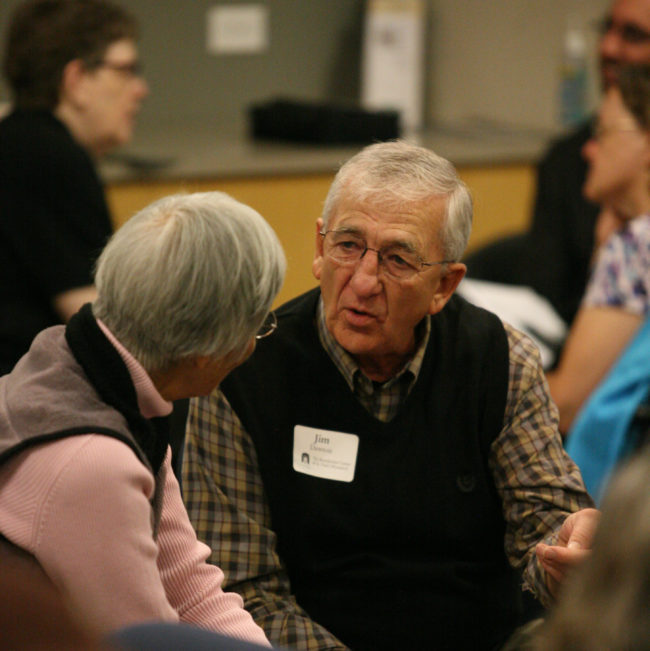 Great Conversation: Paying Attention! How Do I Put Soul Back into My Leadership?
Great Conversation: Paying Attention! How Do I Put Soul Back into My Leadership?
Thurs., Oct. 19, 9a-1p
Learning with the Wider Monastery Community (Sisters, Oblates, Associates, etc.)
Sun., Jan. 7, 1-3p
 Divine Spark: Kindling the Fires of Ministry
Divine Spark: Kindling the Fires of Ministry
Thurs., Jan. 11, 7-9p Dr. Barbara Sutton
Fri., Jan. 12, 9a-4p with Dr. Victor Klimoski and Samuel Rahberg
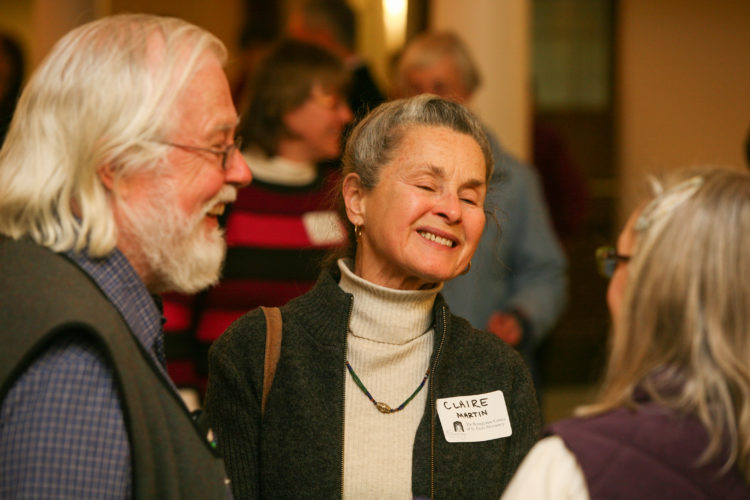 Renewing the Soul of Community
Renewing the Soul of Community
Fri., Feb. 2, 9a-3p
Week-long Residency 2
Mar. 4-10, 2018
Renewing the Soul of Community (Sisters’ Community Day)
Sun., Mar. 4, 1-3p
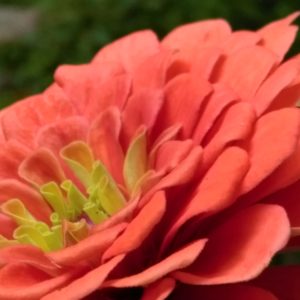 How Many? One, please.: A Retreat for Singles
How Many? One, please.: A Retreat for Singles
Tues., Mar. 6, 4-9p
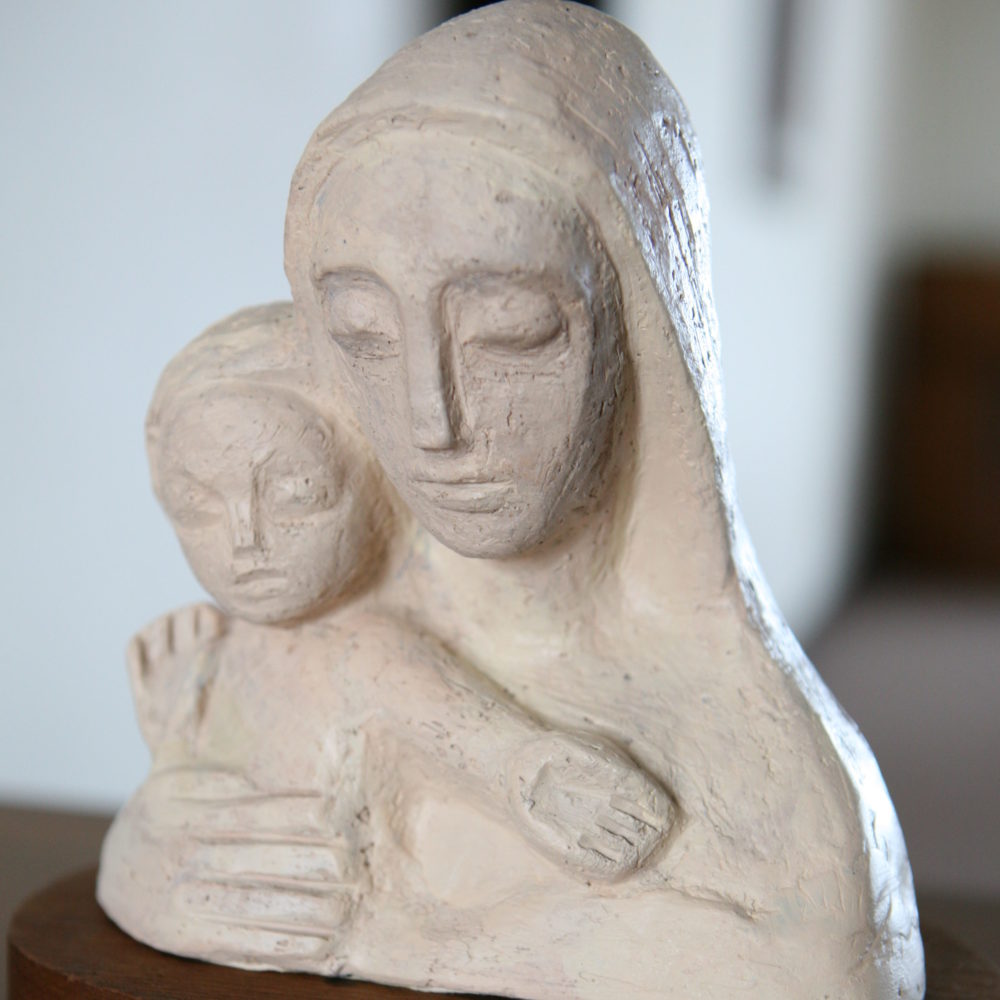 Sightlines, Crucibles, Improvisation, Light and Beauty: Putting Art Back into the Practice of Ministry
Sightlines, Crucibles, Improvisation, Light and Beauty: Putting Art Back into the Practice of Ministry
Thus., Mar. 8, 7p thru Sat., Mar. 10, 1p

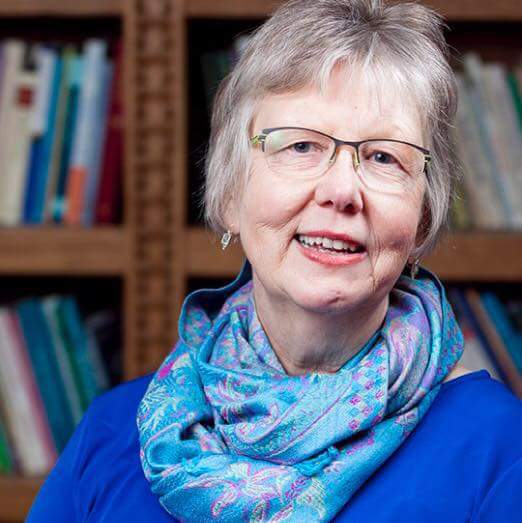

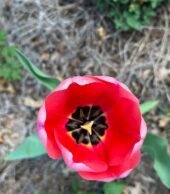
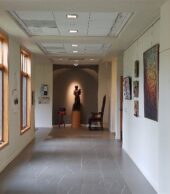

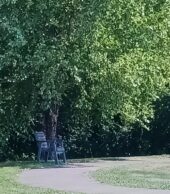
2 Responses